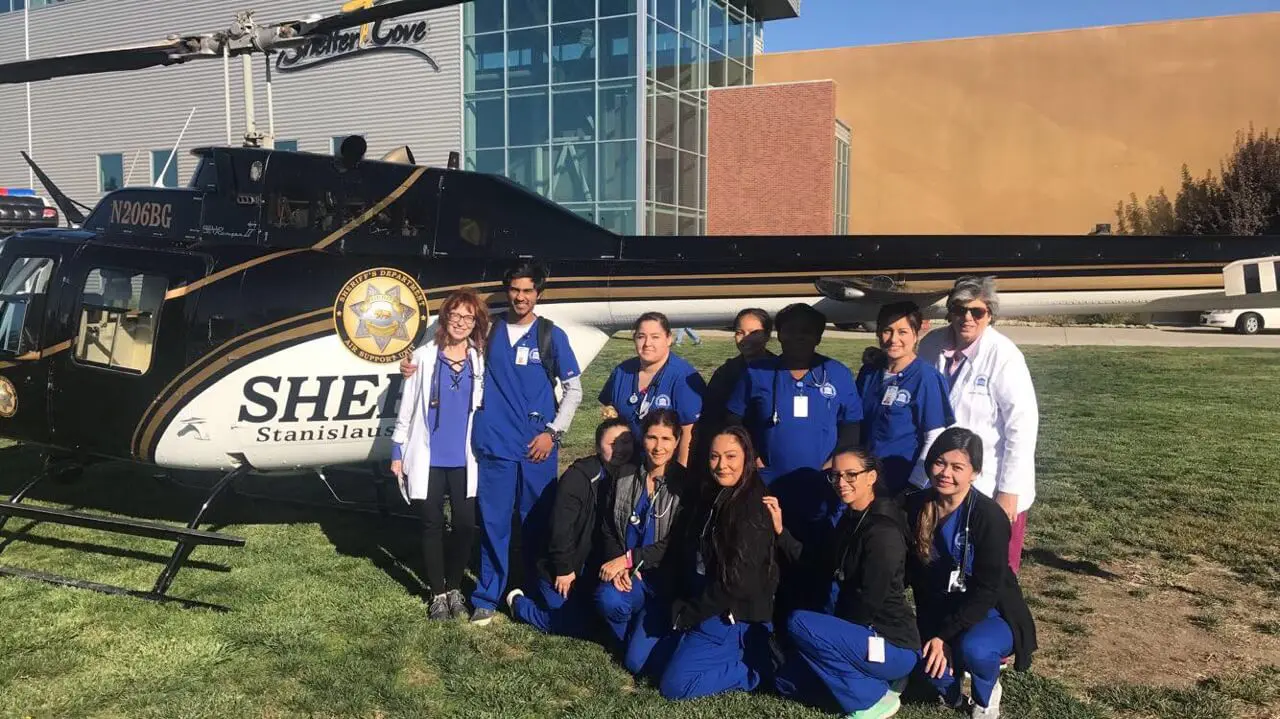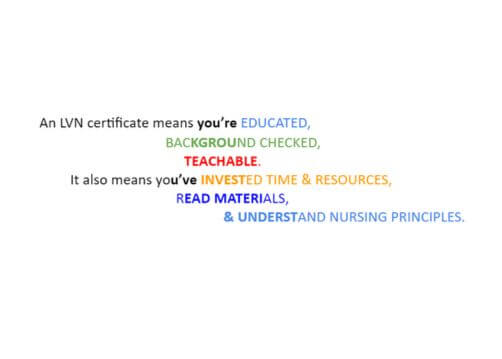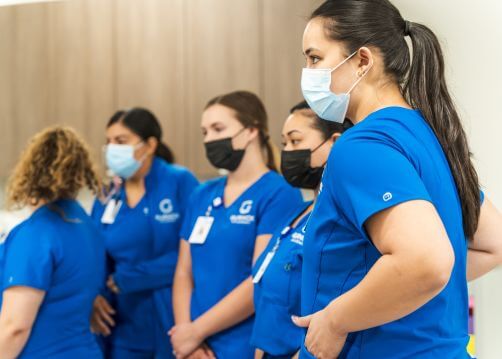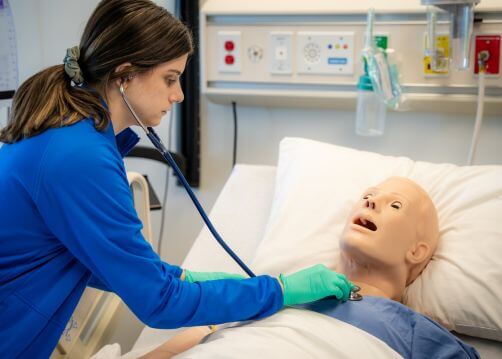My LVN Foundation
Date: March 1, 2019
When I was a child, I had asthma. It seems I was always being rushed to the ER because I could not get air, and that wheezing sound was so awful and scary for a kid. Back then, I thought women grew up to become mothers, teachers, and nurses. From the time of my first memories, I used to play nurse with my dolls. I loved to put Band-Aids on their “owies.”
I would hold them and give them shots so that they could breathe. In the ’60s, we did not have all the advanced asthma medications we do today. They have come so far in this area of medicine. The years came and went, and I was ready for college in 1971. I was 19 years old. I went to college interested in becoming an LVN. In high school, I did the ROP program to become a Nurse’s Aide. I loved it!
I loved being at the bedside with patients, helping people in whatever way they needed. My first instructor was terrific. She was strict but always with a smile on her face. She worked hard and taught us well. I knew that I wanted to continue my education in nursing to be like her. So, I earned my LVN certification. It was a one-year program.
I graduated and passed my state exam. So, there I was, at 19 years old, working as an LVN. The hospital was the place I wanted to be. It had an excellent reputation. We had medical students from everywhere. They had a fabulous in-service department. They required us to continue to grow in our education as LVN continuously.

I applied to work in Labor and Delivery. I thought this would be a happy place, and I could rock and hold the babies. But they had other things in mind for me. They put me on the isolation wing. I thought, “oh no, this is going to be hard and sad.” But I found I thrived in this environment. My mentors were so kind and patient. They taught me so much!
I learned that no matter what, always keep your sense of humor. Always be aware of other staff members, look at their faces, learn to read them. Offer help if they look overwhelmed or sad. Work as a team, and we can get through anything together. I learned it takes more than just taking care of the patients assigned to you during this time. It takes being a support to your co-workers.
I remember the first day of giving medications per unit dosage. Before that, we poured the pills ourselves, held a tray with little med cards. We looked like a waitress handing out treats. We only wore white and, yes, a white hat with a black stripe and hat pin. Likewise, we had our hair always up and in a bun. No hair was to hit the shoulders. Our nails are short, clipped, natural with little jewelry, a watch with a second hand.
Our dresses had to go below the knee, along with a white hose and shoes. At first, I felt critical to wear this uniform. It screamed, “I AM A NURSE!” My nameplate proudly displayed the LVN designation for all to see. As the years passed, and we all know, “change is constant,” our dress code changed, and boy, was I ready for that change. My role as an LVN also changed as I matured. I learned to balance my personal life and professional life. I set realistic goals for myself. Not only that, but I had floated to Critical Care often. I was reading EKGs and helping out in Code Blue.

I became part of a Code Blue Team. The team was the best. I watched it at first, but then I took part in really saving a life. I knew this was my specialty: to be an LVN working in Critical Care alongside the smartest healthcare professionals you could imagine.
The work environment they created was healthy and supportive. Supervisors and colleagues encouraged and provided access for me to training in everything. We learned to seek support from other colleagues, as well, enhancing my communication skills. I was an LVN for ten (10) years before I moved on with my education. In 1980 California had a nursing shortage. The colleges developed a program for LVNs to become an RN in one year. I jumped at this chance. A year later, I became an RN in June 1982.
My career as an LVN was the best foundation you could ever want. I am grateful even today for all the wisdom I gained working as an LVN. Being an LVN gave me a resilient leadership style. I kept my sense of humor and continued to work at the same hospital for another 12 years. Those of you who become Gurnick Academy of Medical Arts LVN students: look for me. I expect nothing but excellence and a sense of humor.




